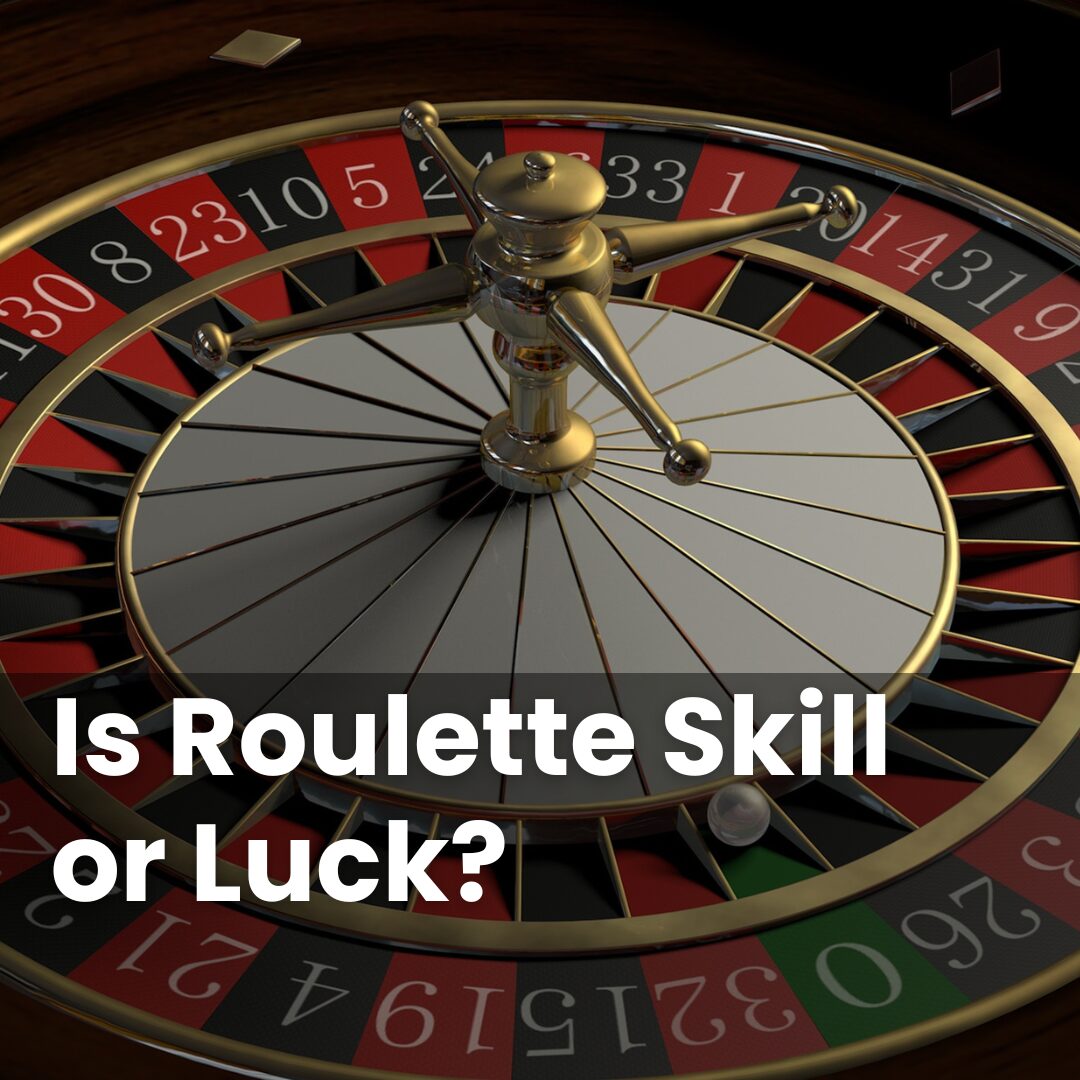Many people love the thrill of playing roulette, but there’s always a big question: is it a game of skill, or is it simply luck?
On one hand, the spinning wheel and bouncing ball seem completely random. On the other, seasoned players swear by their strategies.
Let’s dive into the world of roulette and uncover whether expertise or chance dictates the outcome.
Does Roulette Take Skill?
When you first look at roulette, it appears to be a game driven entirely by luck. After all, the ball lands where it wants, right?
However, there’s more to it. Players can develop strategies to place their bets. Some rely on statistics, tracking previous results to spot patterns.
Despite these tactics, it’s important to remember that no strategy can change the way the roulette wheel works. The outcomes are always random.
In essence, while there’s an element of skill in how you manage your betting, the core of the game is governed by luck.
Understanding this balance can make your experience more enjoyable, knowing that the odds are never in anyone’s permanent favour.
Is Roulette All Luck?
At its heart, roulette is indeed a game of luck. The spinning wheel and the bouncing ball create a completely random outcome each time.
No matter how closely you watch the wheel or analyse previous spins, each result remains unpredictable.
Even though some players use betting systems to try to sway the odds in their favour, these tactics can’t change the randomness of where the ball will land.
Each spin is independent of the one before it, making it impossible to predict future outcomes based on past results.
Ultimately, the thrill of roulette lies in its unpredictability, driven purely by chance.
Discover The Best Online Casinos
Browse our list of top-recommended casino sites, read reviews from real players & be the first to get access to the latest casino bonuses
Roulette Strategies: Can They Help You Win?
Despite the luck involved, many players are drawn to strategies in the hope of tipping the scales in their favour. Let’s look at a few popular ones.
Martingale Strategy
The Martingale strategy is quite simple. Every time you lose, you double your bet. The idea is that you’ll eventually win and recover all your previous losses plus a profit. But beware: a long losing streak can lead to very high bets, which might not suit everyone’s budget.
Fibonacci Strategy
This strategy follows a sequence where each number is the sum of the two preceding ones (1, 1, 2, 3, 5, and so on). When you lose, you move to the next number in the sequence. When you win, you go back two numbers. It’s a slower approach but aims to manage risk better.
D’Alembert Strategy
The D’Alembert strategy involves increasing your bet by one unit after a loss and decreasing it by one unit after a win. It’s a more balanced method, avoiding large jumps in your bets, but still aiming for a gradual profit.
Labouchere Strategy
In the Labouchere strategy, you create a sequence of numbers that add up to your desired profit. You bet the sum of the first and last numbers in the sequence. If you win, you remove those numbers. If you lose, you add the amount you bet to the end of the sequence.
While these strategies add a layer of fun and method to your betting, remember that none can eliminate the inherent luck of roulette.
Is Roulette Beatable?
Many players dream of beating roulette, but is it really possible?
The house always has an edge, thanks to the design of the wheel and the presence of the green zero. This ensures that over time, the casino will win more than it loses.
Some strategies, like the Martingale or Fibonacci, aim to manage bets and risks. However, they can’t overcome the house edge or predict the outcome of a spin.
It’s crucial to understand that roulette is based on random outcomes. Each spin is independent, and no pattern or sequence can guarantee a win.
While skill can help you manage your bets wisely, winning consistently in roulette purely through strategy isn’t achievable. Always enjoy the game for its entertainment value and play responsibly.
Roulette Odds Explained (It’s Not 50/50)
Roulette might seem straightforward at first, but the odds are a bit more nuanced.
Unlike flipping a coin, where the chances are 50/50, roulette has a built-in house edge. This is due to the green zero (and double zero in American roulette), which gives the casino a slight advantage.
In European roulette, the house edge stands at 2.7%, because there’s one zero and numbers 1 to 36. In American roulette, it’s higher at 5.26%, thanks to the extra double zero.
So, if you’re placing an even-money bet like red or black, your chances aren’t quite even. This small difference ensures the house always has a slight edge, affecting your chances of winning over time.
Understanding these odds can help you manage expectations and enjoy the game with a clearer perspective.
How To Play Roulette Online
Playing roulette online is a breeze and opens up a world of excitement from the comfort of your home.
First, browse the list of casino sites available on our website. We’ve gathered the best roulette casinos to help you find the perfect spot.
Once you’ve chosen a casino, simply sign up and make a deposit. Most platforms offer a variety of roulette games, including European, American, and French roulette.
Many casinos also provide live roulette games. These feature real dealers and live streams, giving you that authentic casino atmosphere without leaving your sofa.
Before you start, ensure you understand the different types of bets and odds. This knowledge will enhance your gaming experience.
With just a few clicks, you’ll be ready to enjoy the classic thrill of online roulette at one of our recommended casinos. Play responsibly and have fun!





